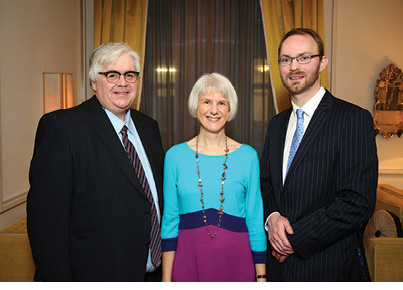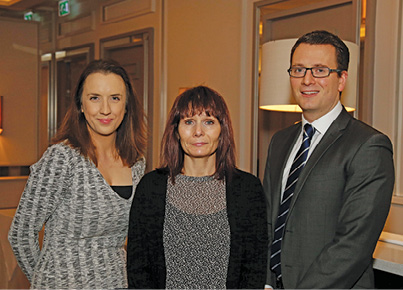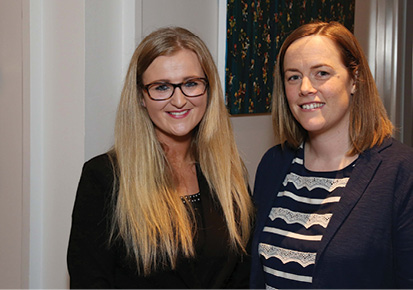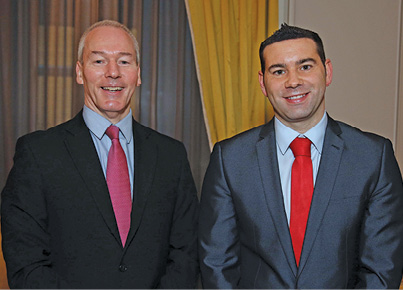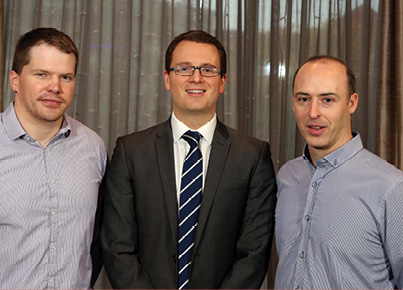2017: Assessing the future of the public procurement landscape
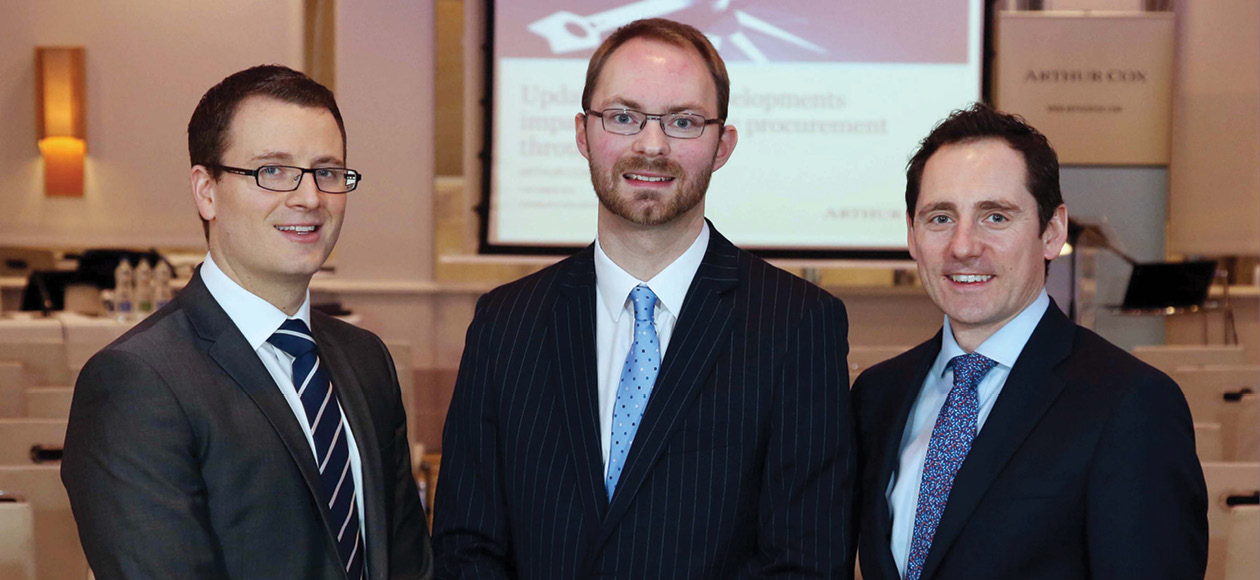
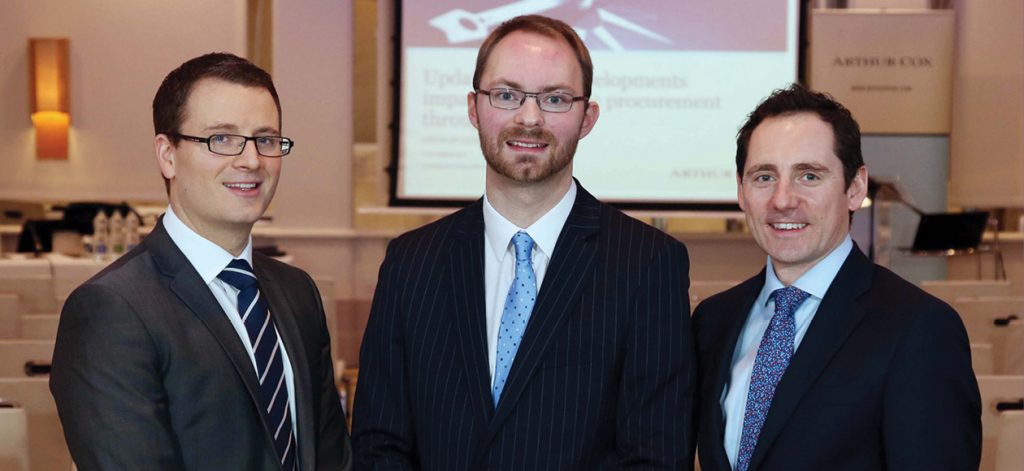
Experts from leading law firm Arthur Cox examine the outlook and challenges for public procurement in the year ahead.
The ever-evolving nature of procurement law makes it vital for local practitioners to remain fully aware of all major new developments, and to get to grips with them as quickly as possible.
A number of new pieces of legislation have been introduced this year, which organisations must be mindful of throughout 2017.
These new developments included the introduction of the Utilities Contracts Regulations 2016, the Concession Contracts Regulations 2016 and further amendments to the Public Contracts Regulations 2015, as well as the UK’s vote to leave the European Union.
The ongoing impacts of these developments, and how they can best be navigated in the future, were the focus of the annual public procurement seminar hosted recently by leading law firm Arthur Cox at Belfast’s Merchant Hotel.
The well-established highlight of the procurement law calendar in Northern Ireland, this year’s event attracted an audience of over 90 delegates from leading public sector buyers and private sector contractors.
William Curry, a Partner in the Corporate and Commercial practice at Arthur Cox and head of the firm’s procurement and projects team, led a panel of three Arthur Cox experts who shared their insights on a range of topical procurement issues that will continue to change the local procurement landscape during 2017.
The Utilities Contracts Regulations 2016, which came into effect on 18 April, 2016 was the first topic discussed.
Speaking at the seminar, William Curry said: “The objective of the new legislation is to clarify the rules, simplify the procedures and improve access for small and medium enterprises (SMEs), while still ensuring utilities can secure high-quality goods and services, and deliver value for money.
“The Utilities Contracts Regulations 2016 permit the same exclusion and selection grounds as those introduced by the Public Contracts Regulations 2015, which, it is worth noting, introduced a number of additional grounds, such as the minimum required turnover at selection stage not generally being able to exceed twice the contract value.”
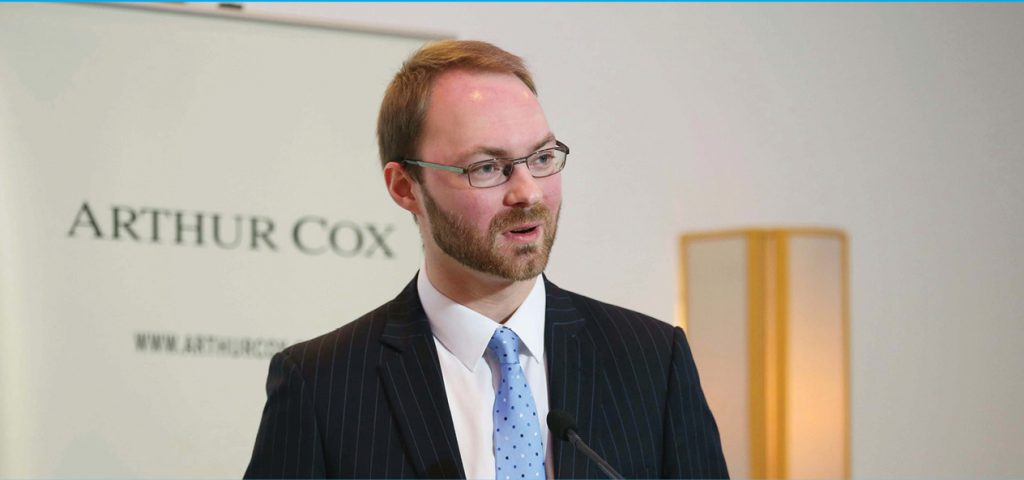
Next up, was the Public Procurement (Amendments, Repeals and Revocations) Regulations, which came into force on 18 April, 2016. Analysing these, William explained: “These regulations introduce a range of changes, including a number to the Public Contracts Regulations 2015. Most are relatively minor and, to a certain extent, are required to reflect the introduction of the Concession Contracts Regulations 2016 and the Utilities Contracts Regulations 2016.
“The regulations introduce a new mandatory exclusion ground to the Public Contracts Regulations 2015 if an economic operator has been convicted of human trafficking or another offence with the intention of committing human trafficking.”
On the subject of Brexit and the impact for public procurement law, William told the audience: “It’s too early to tell what the consequences of Brexit will be and there will no doubt be a number of challenges along the way, but what we do know is that, for the immediate future, the current EU legislative regime will continue to apply to current, active and envisaged procurement competitions.
“Longer term, there will be a need to make sure this area is closely watched and entities properly consider the potential consequences, whichever Brexit option the UK decides on – soft, hard or a middle ground.”
Other topics covered by the Arthur Cox team included: an examination of the impact of the Concession Contracts Regulations 2016; the European Single Procurement Document; recent Government Guidance; and an update and analysis on the decided case-law through 2016, identifying what the highlights were and what lessons can be learnt. The seminar closed with the panel taking questions from the audience on particular procurement law matters of concern.
Among the delegates at the seminar was Ciara Brennan, Commercial Manager at Mutual Energy Ltd, who commented: “The seminar was extremely useful, especially the information about the impacts of Utilities Contracts Regulations 2016. The case law examples were insightful and provided practical examples of the issues being examined.”
The team at Arthur Cox is well positioned to advise on all aspects of public procurement law as well as providing general corporate and commercial law advice on all aspects of your business.
For further information, call William Curry, or your usual Arthur Cox contact, on +44 28 9023 0007.
![]()
Arthur Cox’s annual procurement seminar
